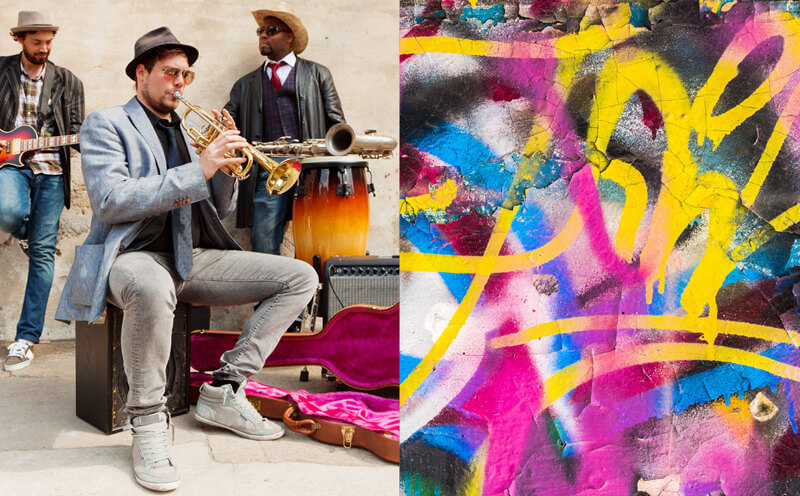
Report relies on cultural policy indicators developed for Council of Europe.
A new report on Cultural Participation and Inclusive Societies, prepared by the Hertie School for the Council of Europe, explores how participation in cultural activities might contribute to societal inclusion in Europe and what policymakers can consider to improve social cohesion through cultural participation. Helmut K. Anheier, President of the Hertie School and Director of the Centre for Cultural Policy, was the report’s principal investigator.
“Cultural participation more generally and specific forms of cultural activity, especially artistic expression, online creativity and passive participation, are indeed strongly associated with trust, tolerance and related dimensions of an inclusive society,” the report concludes. “Stronger cultural industries and – to the extent measured – a more solid cultural infrastructure coincide with higher levels of cultural participation and could therefore provide clues regarding where policies or initiatives might contribute indirectly to improving social cohesion.”
The report brings together data from the Indicator Framework on Culture and Democracy (IFCD), a tool for assessing and optimising cultural policies and other comparative data. The indicator framework and the report, published in May 2017, are part of a process initiated by the ministers at the 2013 Council of Europe Conference of Ministers of Culture on “Governance of Culture – Promoting Access to Culture”.
The authors of the report are Regina A. List, Olga Kononykhina and Jessica Leong Cohen, all of the Hertie School. Matthias Haber, Malte Berneaud-Kötz, Sonja Kaufmann and Luis Mejia, all of the Hertie School, also contributed.
